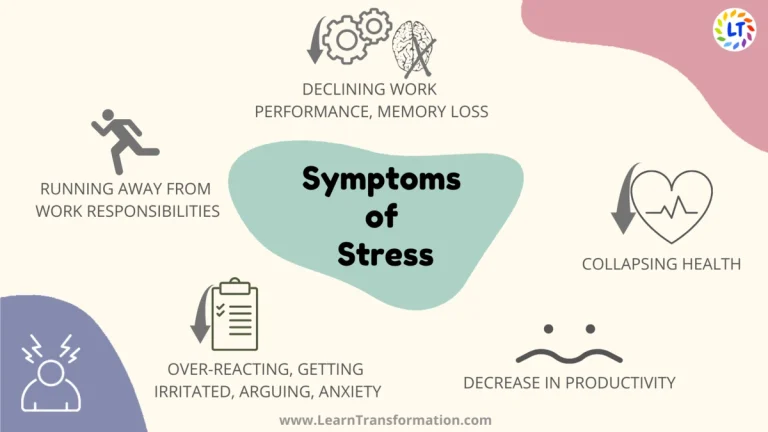How Stress is Becoming the Big Issue of Our Times
Stress is no longer just a buzzword; it is now an omnipresent issue impacting individuals across demographics, professions, and geographies. Modern life’s relentless pace, amplified by digital distractions and the lingering effects of the pandemic, has elevated stress to a global health crisis. This silent saboteur is wreaking havoc on mental, physical, and even professional spheres, particularly in industries like healthcare, pharmaceuticals, and technology.
In India, the problem is particularly acute. With its burgeoning population and rapidly expanding economy, the country is grappling with unprecedented levels of workplace and lifestyle stress. This blog explores how stress has emerged as a formidable challenge, the role of pharmaceutical companies in India, the adoption of HRM software in mitigating workplace stress, and how specialized sectors like oncology pharma companies in Baddi are navigating these challenges.
The Rising Tide of Stress: A Global Concern
Stress manifests as a reaction to pressures, whether external or internal, and can lead to significant health issues. Prolonged stress contributes to chronic diseases such as hypertension, cardiovascular issues, and mental health disorders. Globally, the WHO identifies stress as one of the leading causes of the rise in non-communicable diseases (NCDs).
India, the world’s most populous country, is particularly vulnerable due to factors like high-pressure jobs, urbanization, and limited awareness about mental health. Workplace stress has become a leading cause of employee burnout, absenteeism, and decreased productivity, creating a ripple effect across industries.
Workplace Stress: A Double-Edged Sword
Impact on Productivity
The workplace is a significant contributor to stress. High workloads, tight deadlines, and the blurring of personal and professional boundaries due to remote working trends have exacerbated stress levels among employees.
Healthcare and Pharmaceutical Sectors
In sectors like pharmaceuticals, where precision and quality are critical, workplace stress can have far-reaching consequences. Pharmaceutical companies in India, including oncology pharma companies in hubs like Baddi, often operate under stringent compliance and regulatory frameworks, intensifying the pressure on employees. These companies are now actively exploring solutions to improve mental well-being among their workforce, recognizing that employee health is directly tied to organizational performance.
Role of Pharmaceutical Companies in India
Pharmaceutical companies in India play a dual role in the stress crisis. On one hand, they are at the forefront of developing treatments and medications for stress-related disorders. On the other, they are employers to millions, responsible for creating a supportive workplace environment.
Innovations in Stress Management
- Research and Development: Companies are investing in R&D to develop innovative drugs targeting stress-induced ailments like anxiety, depression, and cardiovascular diseases.
- Mental Health Awareness Programs: Organizations are adopting proactive measures such as mental health awareness campaigns, workshops, and employee assistance programs (EAPs).
- Wellness Initiatives: Leading pharmaceutical companies, including those in oncology hubs like Baddi, are introducing wellness initiatives focusing on nutrition, physical activity, and mindfulness to combat stress.
Stress and the Oncology Pharma Sector
Unique Challenges in Oncology Pharma
Oncology pharma companies, particularly those based in Baddi, are tackling dual challenges: the emotional weight of dealing with life-threatening diseases and the operational pressures of maintaining quality and compliance. Employees in this sector often face heightened stress due to:
- Constant exposure to the distress of patients.
- Stringent timelines for drug trials and production.
- Pressure to innovate in a highly competitive market.
Stress Management in Oncology
To address these issues, oncology pharma companies in Baddi are implementing robust mental health policies, including:
- On-site counseling services for employees.
- Flexible working hours to combat burnout.
- Regular mental health assessments.
The Societal Implications of Stress
Stress is not just an individual issue; it has far-reaching societal consequences. Chronic stress contributes to a decline in productivity, increasing healthcare costs and creating a vicious cycle of poor mental and physical health. In India, the stigma surrounding mental health often prevents individuals from seeking timely help, exacerbating the problem.
What Lies Ahead?
The battle against stress requires a collaborative approach involving governments, corporations, and individuals. Pharmaceutical companies in India, best HRM software developers, and organizations in sectors like oncology must play a proactive role in addressing this issue. Some key steps include:
- Increased Awareness: Breaking the stigma around mental health and encouraging open conversations.
- Technology Integration: Leveraging AI and data analytics to monitor stress levels and predict burnout.
- Policy Support: Government incentives for companies investing in employee mental health.
Conclusion
Stress is undoubtedly one of the biggest issues of our times, impacting every facet of life. In India, the problem is compounded by rapid economic and industrial growth. Pharmaceutical companies, particularly oncology pharma companies in Baddi, are stepping up to address this challenge by prioritizing employee well-being and leveraging technology.
However, the journey to a stress-free world is long and requires collective effort. By acknowledging the problem, investing in solutions, and fostering a culture of support, organizations and individuals can combat stress and pave the way for a healthier, more productive future.





